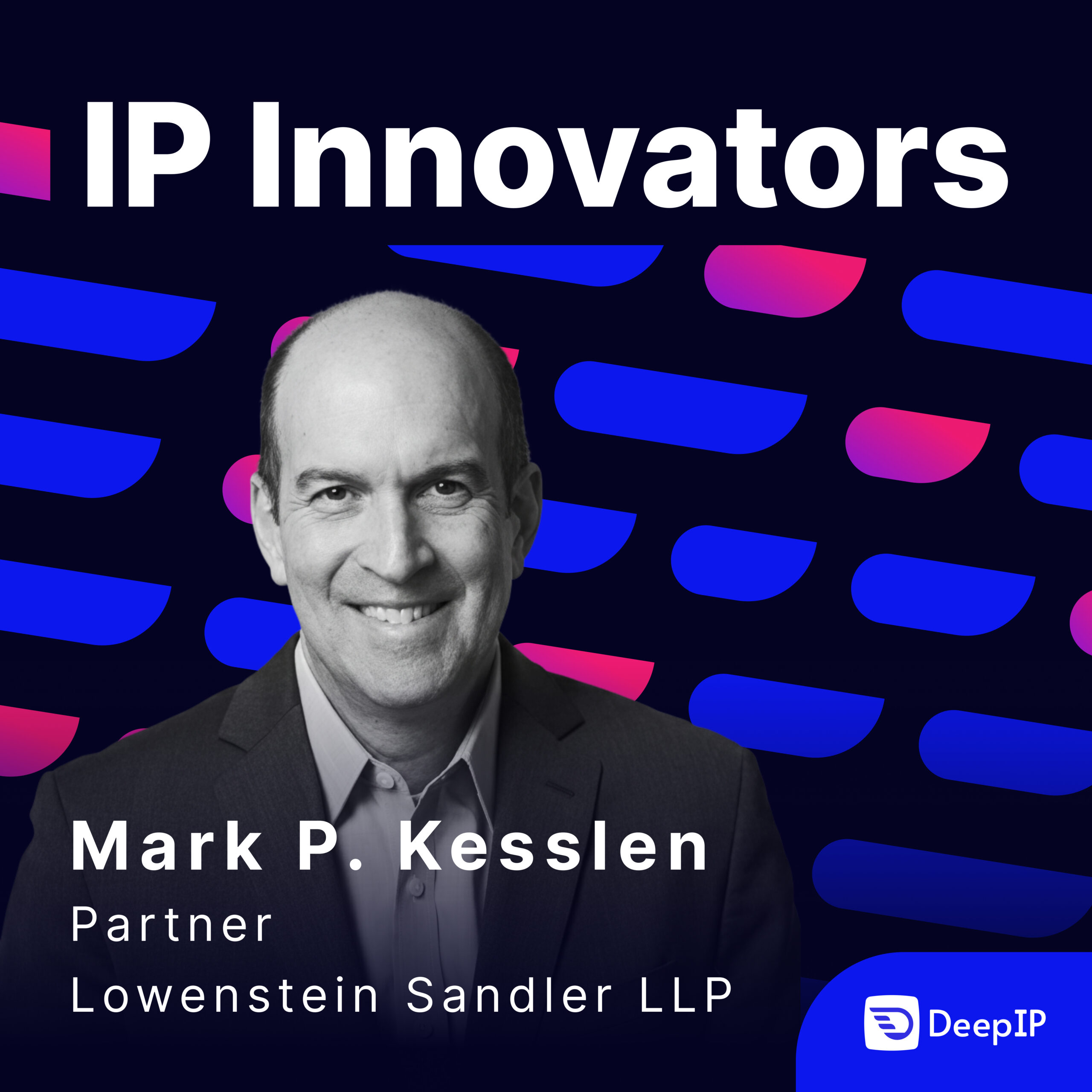
"In the third episode of IP Innovators, host Steve Brachmann sits down with Mark Kesslen, Partner and Chair of the Intellectual Property Group at Lowenstein Sandler, to trace a career that spans from the dawn of online banking and the FinTech revolution to the rise of AI in patent law. As AI tools become increasingly common in law firms and patent practices across the United States, Kesslen offers a firsthand view of how attorneys are learning to integrate these systems effectively and responsibly."
"After his pivot from electrical engineering, Kesslen's career followed a classic IP trajectory: boutique prosecution in Boston, a broader IP role at a New York boutique that merged into a larger firm, followed by what Kesslen calls his "needle in a haystack" opportunity in the late 1990's: an in-house chief patent role at LabMorgan, JPMorgan Chase's incubator/accelerator, giving him a front-row seat to the disruption of the dot-com boom and the rise of digital banking. In 1998, the State Street Bank v. Signature Financial Group case encouraged broader protection for digital and financial innovation, and opened the door to even greater possibilities in FinTech."
""FinTech changed everything," Kesslen notes, pointing to quant and algorithmic trading that have "fundamentally changed the way financial services are done," even when the underlying methods were later deemed non-patentable. At LabMorgan, Kesslen worked on projects that, though seemingly routine today, were radical at the time: consumer online bill pay, trading exchanges, and a platform that let car buyers submit credit applications at the dealership and receive near-instant decisions."
Mark Kesslen transitioned from electrical engineering into intellectual property, progressing from boutique prosecution to an in-house chief patent role at LabMorgan within JPMorgan Chase. The State Street Bank v. Signature Financial Group decision broadened protection for digital and financial innovation and accelerated FinTech opportunities. FinTech transformed financial services through quant and algorithmic trading and spurred early digital projects such as online bill pay, trading exchanges, and instant credit decision platforms at dealerships. Attorneys are increasingly adopting AI tools in law and patent practice and must integrate those tools responsibly under the principle: trust, but verify.
Read at IPWatchdog.com | Patents & Intellectual Property Law
Unable to calculate read time
Collection
[
|
...
]